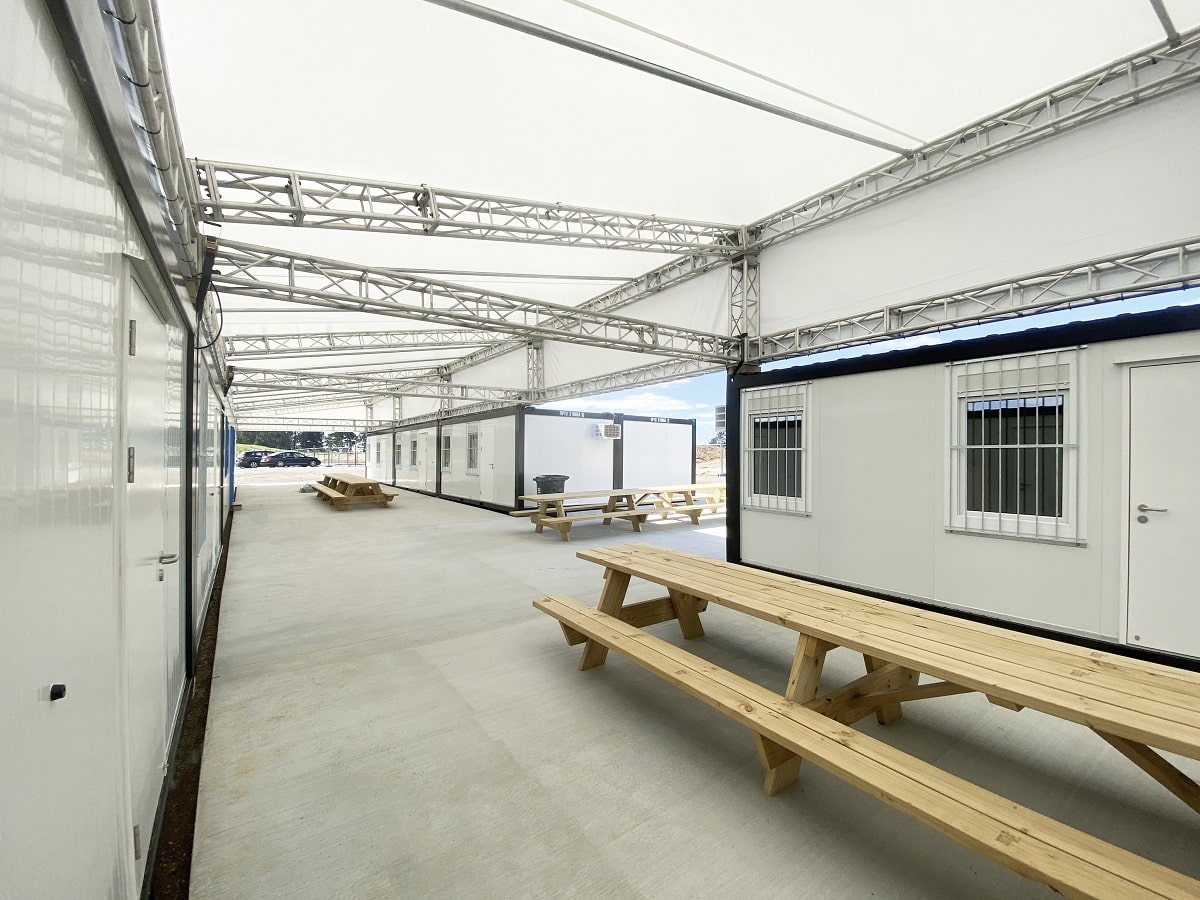In recent years, New Zealand has witnessed a paradigm shift in the healthcare industry with the emergence of modular facilities for health and aged care. Initially perceived as temporary solutions, these innovative structures have evolved into a significant and sustainable aspect of the country's healthcare infrastructure. Far from being mere stopgap measures, modular healthcare facilities are proving to be adaptable, cost-effective and capable of addressing the evolving needs of New Zealand's healthcare system. As a leader in the field of modular buildings, here is the Pacific Portable Buildings’ guide to modular healthcare facilities.
Adaptability for Changing Demands
One of the key advantages of modular healthcare facilities is their adaptability. Our portable buildings are scalable, versatile and easily relocated to meet changing demands and population dynamics. Modular facilities offer a flexible solution, whether it's a sudden surge in patient numbers or the need to provide specialised care in remote areas. Their modular nature allows for quick construction and easy integration of new technologies, enabling healthcare providers to stay at the forefront of medical advancements without incurring massive costs or disruptions. A recent example is the installation by Pacific Portable Buildings of the Starship Hospital Decant Offices, designed to maximise a limited footprint and facilitate administration staff during the ongoing hospital refurbishment.
Enhancing Access to Healthcare
Playing a vital role in improving access to quality healthcare, popular applications of portable buildings in health and aged care include mobile clinics, clinical space, staff administration and offices, pop-up clinics and outpatient services. These can be rapidly deployed in remote areas, enabling healthcare providers to deliver timely medical services to populations that may otherwise face significant challenges in accessing healthcare. By establishing these mobile units, New Zealand can bridge geographical gaps, reducing travel distances and patient waiting times. This proactive approach helps prevent health disparities and ensure equitable access to healthcare services across the country, such as the South Seas Covid-19 Clinic Pacific Portable Buildings supplied in 2022.
Cost-Effectiveness and Efficiency
Modular healthcare facilities offer significant cost savings compared to traditional brick-and-mortar structures. By employing standardised modules that are prefabricated off-site, construction time is reduced, leading to lower labour costs and minimal site disruption. Modular facilities are energy-efficient, incorporating sustainable design principles and eco-friendly materials. These structures optimise resource utilisation, ensuring efficient workflow and reducing operational expenses. The cost savings obtained from modular facilities can be redirected towards improving patient care, investing in medical equipment and enhancing healthcare services across New Zealand.
As New Zealand continues to face new healthcare challenges, modular facilities will undoubtedly play a crucial role in meeting the evolving needs of its population. By embracing modular solutions, the country can establish a resilient, efficient and patient-centric healthcare system that can adapt to the changing demands of the future. Contact us today to find out more.

